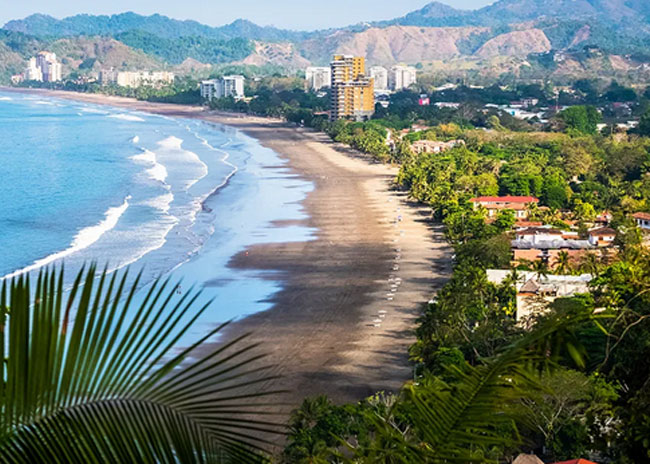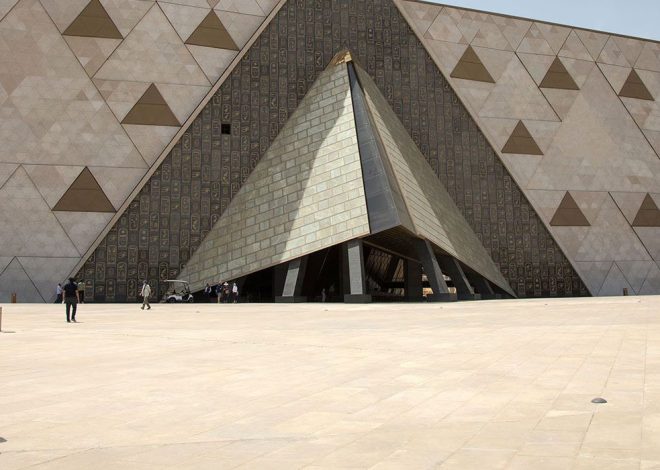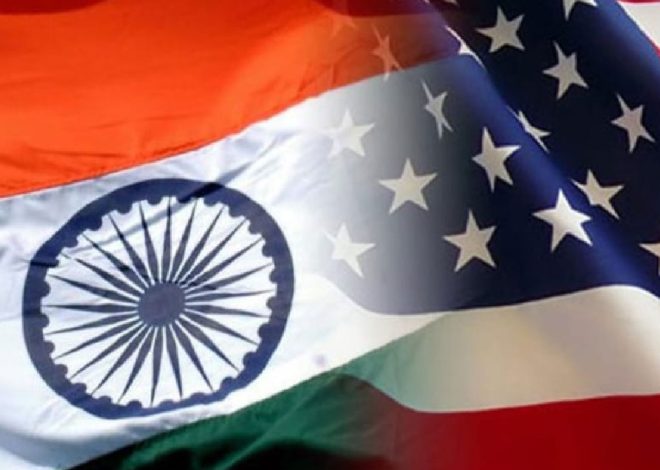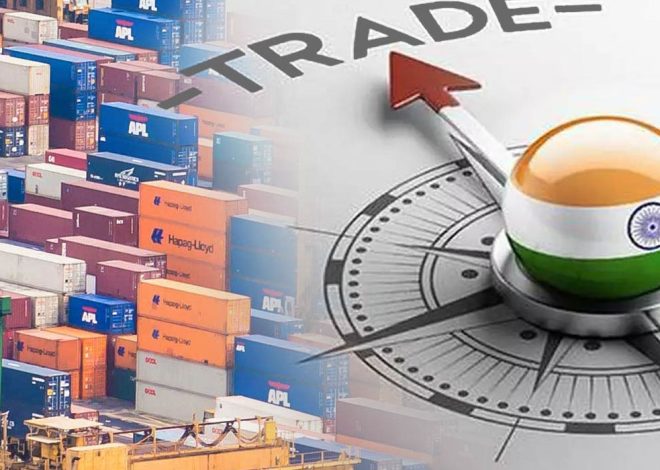
The greenest countries in the world
The climate change conference held in Paris in 2015 was an eye opener in terms of understanding the dire situation carbon emissions seem to be having on Earth’s temperature. It resulted in 195 nations committing to lowering greenhouse gas emissions. This seems to be a start as a green initiative has been actively endorsed by governments and countries around the world and eco friendly measures taken to be a green country have been initiated.
A closer look
 Yale University has been conducting an annual survey on the Environmental performance of each country since 2015. The Environmental Performance Index (EPI) ranks countries’ performance on criteria such as water resources, air quality, bio-diversity and habitat but the highest priority is devoted to two areas: protection of human health and protection of ecosystems.
Yale University has been conducting an annual survey on the Environmental performance of each country since 2015. The Environmental Performance Index (EPI) ranks countries’ performance on criteria such as water resources, air quality, bio-diversity and habitat but the highest priority is devoted to two areas: protection of human health and protection of ecosystems.
The rankings are prioritized into two categories: Environmental health and Ecosystem vitality. Environmental Health includes risks and exposures to air quality with a check on air pollution. Water and Sanitation is also included in the study and analysis along with other sanitation conditions and choices. The ecosystem vitality includes a study and analysis of water resources, agriculture and nitrogen balance and efficiency. It also looks at the worldwide state of forests and changes in forest covers and fisheries and fish stocks. Special focus is paid to species protection-both terrestrial and marine.
Europe leads the way
The 2016 list of greenest countries in the world was released and unsurprisingly Europe leads the way with Finland being voted the World’s greenest country and having nine countries in the top ten list. Only Costa Rica, which placed third on the list is not a European nation.
The top ten are: Finland, Norway, Costa Rica, Germany, Denmark, Switzerland, Austria, Sweden, Iceland and Spain. European cities, unsurprisingly lead the list of greenest cities with Copenhagen in first place, followed by Amsterdam and Stockholm. Vancouver and London fill the top five. The United States comes in at twenty- six though New York city sits at number seven in the list of cities.
FINLAND: A model example
 Finland has been voted the world’s greenest country and it isn’t a surprise looking at the long term goals and developments of the nation. The country’s government has a commitment to reduce carbon emissions and hopefully to achieve a carbon neutral society in the future. Already nearly two-thirds of the entire nation’s electricity is produced from renewable or nuclear power sources.
Finland has been voted the world’s greenest country and it isn’t a surprise looking at the long term goals and developments of the nation. The country’s government has a commitment to reduce carbon emissions and hopefully to achieve a carbon neutral society in the future. Already nearly two-thirds of the entire nation’s electricity is produced from renewable or nuclear power sources.
The Finns have become pioneers in the use of natural materials like wood, unsurprisingly since Finland has the most forest land to use per capita than any other nation and are leading their way towards more sustainable energy production. Another area of expertise has been waste management and recycling.
Startling finds
 Despite the fact that many nations have upped their attention and focus towards a sustainable future and eco friendly measures taken to be a green country are at full swing some statistics are a hard read and should concern all of us.
Despite the fact that many nations have upped their attention and focus towards a sustainable future and eco friendly measures taken to be a green country are at full swing some statistics are a hard read and should concern all of us.
A staggering three and a half billion people and more – half of the world’s is living in nations with unsafe air quality. For example India sits at an incredibly low rank of 178(out of a total of 180 nations) with horrible air quality and with a population almost reaching the one and a half billion mark the number of people breathing the air is astounding.
Around two and a half billion people lack access to sanitation and although the number of people lacking access to clean water has been cut nearly in half since 2000, around half a billion people still lack the access to clean water.















